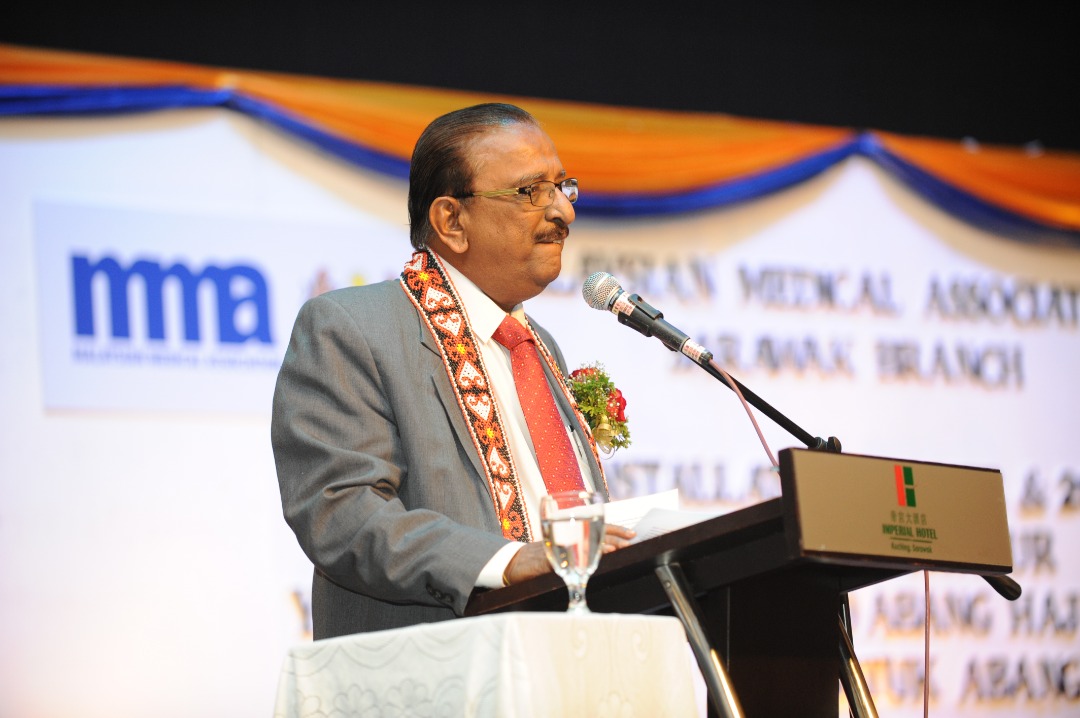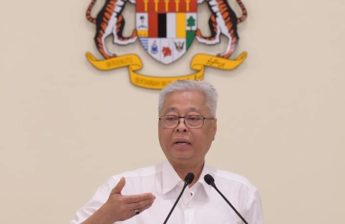KUALA LUMPUR, Dec 27 — Doctors, pharmacists, nurses, and dentists have spoken up for their incoming juniors in the civil service, telling the government not to scrap their critical allowance.
The Malaysian Medical Association (MMA), the country’s largest group of doctors, warned that the decision will affect newly employed junior staff, who are already faced with bleak career prospects and have slim chances of bagging a permanent position.
“This decrease of nearly 15 per cent of a newly graduated doctor, nurse, pharmacist and dentist’s pay is a significant one,” said MMA president Dr Ganabaskaran in a statement.
“This will, of course, affect the morale of the junior health care professional(s), leading to reductions in productivity and overall job satisfaction.”
The Critical Service Incentive Payment (BIPK) critical allowance is RM750 monthly for doctors, pharmacists and dentists, and up to 15 per cent of the monthly basic salary for nurses. For other professionals in the civil service, the figure ranges between 5 and 10 per cent of their monthly basic salary.
Introduced in 1992, it was aimed at attracting candidates to certain government jobs at a time of insufficient human resources in certain sectors. However, the Public Service Department (JPA) said the BIPK is estimated to cost the government RM1.05 billion next year, adding that the latest review of the critical allowance this year found that all 33 service schemes no longer fulfills the criteria of a low offer rate and difficulty in filling vacancies.
The decision only affects government workers — including new medical officers, pharmacy officers, dental officers; as well as lecturers in medicine, dentistry, and pharmacy; and other professionals like engineers — across 33 Critical Service schemes who are appointed from January 1, 2020. Current civil servants in those schemes will continue receiving the BIPK.
Dr Ganabaskaran said health care professionals generally sacrifice a lot in their lives in order to do their jobs.
“When they reach the breaking point, many leave, not just for private practice but to other countries to serve. The training, experience and expertise they have obtained then leaves with them, leaving our beloved country and its health care services at a loss,” the physician said.
The Malaysian Nurses Union (MNU), which represents about 40 to 45 per cent of qualified government nurses in the country, also urged the government to reinstate the critical allowance for young nurses, saying the decision discriminates against them.
“Psychologically, it will demoralise them. The second thing is probably people will resign (from government service) to go somewhere else […] this will be a brain drain, we will lose our nurses,” MNU president Nor Hayati Abd Rashid told Malaysiakini.
Both Nor Hayati and Dr Ganasbakaran from MMA also claimed that their groups were not consulted by the JPA and the government prior to the decision.
The Malaysian Dental Association (MDA), on the other hand, said while the move was a sign of good governance, JPA should reconsider and study further its possible effects on the public service, noting that more dentists are needed in the country.
“It is undeniable that the public health care service still faces high load of patient care, high disease burden and the need of new healthcare facilities,” MDA said in a statement on Wednesday.
“Perhaps the definition of this incentive needs to be revisited to ensure its continuation and relevance with the current system of health care. Alternatively, a review of the basic salary of newly employed dental officers could be seriously considered.”
The Malaysian Pharmaceutical Society (MPS), on the other hand, urged Prime Minister Dr Mahathir Mohamad to delay the decision to cancel the critical allowance, saying it looked as if the circular was issued in a rush. In a letter to the prime minister yesterday, the pharmacists’ group also called for a stakeholder engagement session to be convened with all professional bodies affected by the decision.
“We’re aware that the government is facing pressing challenges and needs to take appropriate action to strengthen the public delivery system, but this decision implies that pharmacy and other professions are no longer critical,” MPS president Amrahi Buang said.
Amrahi pointed out that the public health sector still remains burdened with too many patients, citing Health Ministry records reported by CodeBlue that found patient visits at government clinics and hospitals have increased fourfold in the last decade.
He also questioned JPA’s claim that that the number of applications for pharmaceutical officers is 15,209 and only 3,068 posts are needed. Amrahi said based on data collected from PRiSMA, an online service to register pharmacists, as of December 26, the number of registered pharmacists with annual certificates was 15,350 while 18,941 were registered on PRiSMA. There are 1,621 provisionally appointed pharmacists, on the other hand, he said, as he claimed that JPA’s data was wrong.
The decision to cancel the critical allowance was made in this year’s first Special Cabinet Committee Meeting on Public Service Reforms chaired by Dr Mahathir. The prime minister has yet to respond to widespread scrutiny over the decision as of press time. Politicians across the political divide have slammed the decision.








